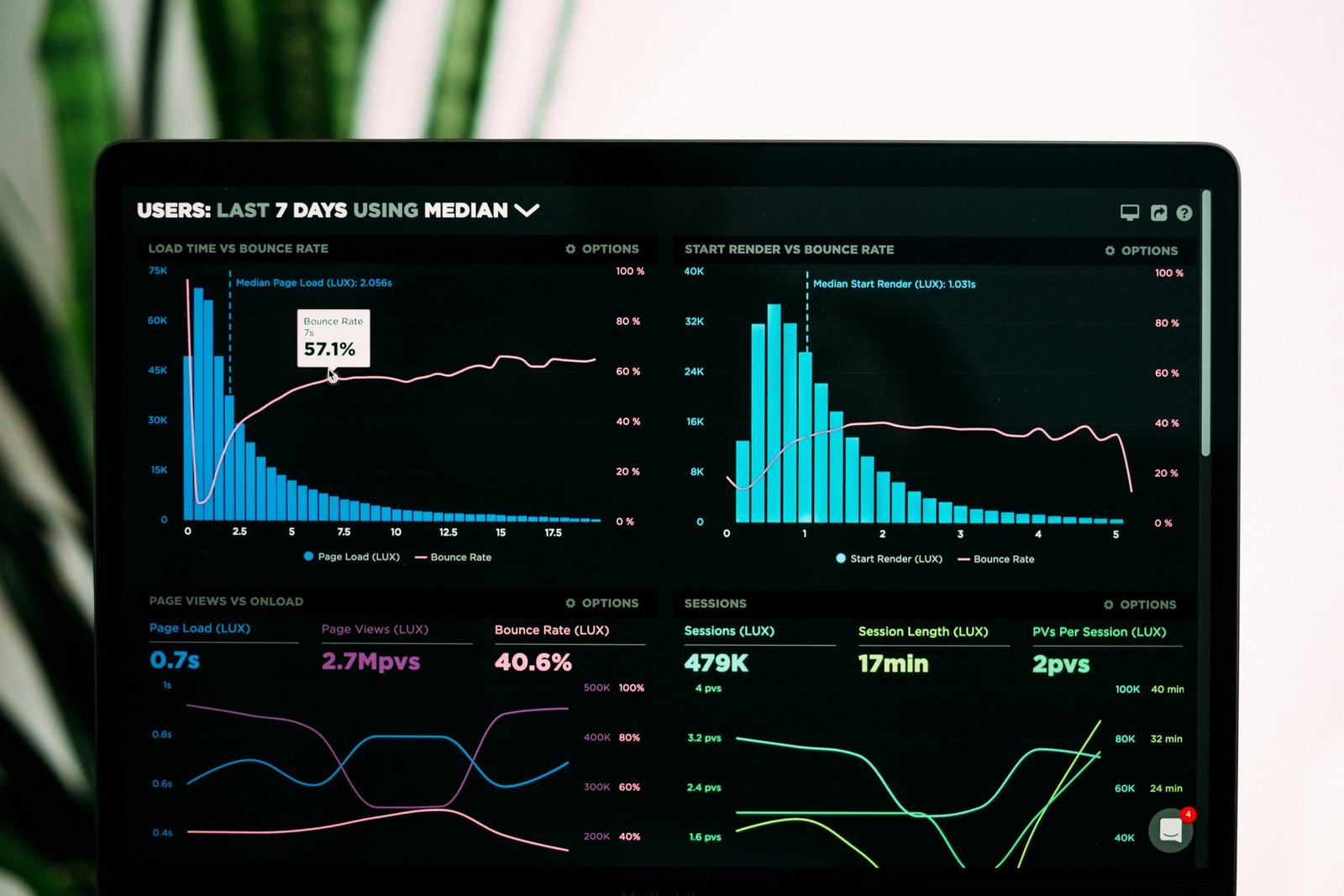The Evolution of Google’s Information Gathering Techniques
From its inception as a search engine in 1998, Google’s data collection methods have undergone significant evolution, profoundly influencing its success. Initially, Google’s primary data collection strategy involved logging search queries and tracking user behavior through cookies. These techniques allowed Google to refine its search algorithms and improve the relevance of search results, laying the foundation for its dominance in the search engine market.
As Google’s services expanded, so did its data collection capabilities. The introduction of Gmail in 2004 marked a significant milestone, providing Google with access to vast amounts of email data, which further enriched its understanding of user behavior and preferences. The acquisition of companies like DoubleClick in 2008 allowed Google to combine search data with display advertising data, enhancing its ability to deliver targeted advertisements.
The integration of machine learning and artificial intelligence has been pivotal in advancing Google’s data collection techniques. These technologies enable Google to analyze and interpret vast datasets more efficiently, uncovering patterns and insights that were previously unattainable. For instance, Google Photos’ introduction of image recognition technology in 2015 showcased the company’s ability to leverage AI to extract valuable information from visual data, further broadening the scope of its data collection.
With the rise of mobile technology, Google’s Android operating system has become another significant source of data. The proliferation of Android devices has provided Google with unparalleled access to location data, app usage patterns, and other mobile-specific information. Additionally, the launch of Google Assistant in 2016 exemplified Google’s shift towards voice-activated data collection, capturing user interactions in new and innovative ways.
Over the years, Google’s data collection techniques have continuously evolved in tandem with technological advancements. The introduction of personalized ads, driven by sophisticated algorithms and vast amounts of user data, underscores the effectiveness of these techniques. By integrating data from acquired companies and leveraging advancements in machine learning, Google has been able to collect more comprehensive and detailed information, solidifying its position as a leader in the digital landscape.
The Business of Selling Information: Google’s Revenue Model
Google’s success is largely predicated on its sophisticated data collection and monetization strategies. At the core of Google’s revenue model is its ability to transform vast amounts of user data into substantial financial gains. The primary revenue streams derived from this data include targeted advertising, data licensing, and strategic partnerships with other companies.
Targeted advertising, facilitated through Google’s AdWords platform, is the cornerstone of its business model. AdWords leverages user data to create highly targeted ad campaigns. By analyzing search queries, browsing history, and other user behaviors, Google can serve advertisements that are highly relevant to individual users. This precise targeting significantly increases the likelihood of ad engagement, making it an attractive option for advertisers. In 2022 alone, Google’s advertising revenue surpassed $200 billion, underscoring the effectiveness of this approach.
In addition to advertising, Google also monetizes its data through licensing agreements. Companies across various industries purchase access to Google’s data to enhance their own products and services. For example, financial institutions might use Google’s data to improve their market analysis and forecasting capabilities. These licensing deals provide a steady stream of revenue, further diversifying Google’s income sources.
Partnerships with other companies also play a crucial role in Google’s revenue model. By collaborating with industries such as retail, healthcare, and technology, Google can integrate its data analytics capabilities to offer enhanced services. These partnerships often involve sharing user data, which raises ethical and privacy concerns. Critics argue that such practices can lead to invasions of privacy and misuse of personal information.
In response to these concerns, Google has implemented various measures to protect user privacy. These include anonymizing data, offering users more control over their data, and complying with stringent regulatory requirements like the General Data Protection Regulation (GDPR). Despite these efforts, the ethical implications of data monetization remain a contentious issue.
The financial success Google has achieved through its data-driven revenue model is undeniable. With a market capitalization exceeding $1 trillion, Google stands as a testament to the profitability of strategic data utilization. The company’s ability to continuously innovate and adapt its data collection and monetization strategies ensures its position at the forefront of the global digital economy.
The Impact of Data Collection on Google’s Technological Ventures
Google’s extensive data collection practices are central to the innovation and functionality of its various technological projects. By leveraging vast amounts of user data, Google has been able to enhance the capabilities of products such as Google Glass, Google Home, and the Android operating system. For instance, Google Glass, an ambitious project aimed at creating augmented reality eyewear, relied heavily on data to provide real-time information and context-sensitive functionalities. However, the product faced significant public backlash over privacy concerns, with many users worried about the potential for constant surveillance and unauthorized data collection. These concerns contributed to the eventual discontinuation of Google Glass in its initial form.
Similarly, Google Home, a smart speaker that integrates with Google Assistant, benefits from the company’s data collection by offering personalized responses and seamless integration with other smart devices. The data collected helps improve voice recognition accuracy and user experience. Despite these advantages, Google Home has also faced criticism due to privacy issues. Users have expressed concerns over the device’s potential to listen in on private conversations and the security of the data collected. This controversy has led some consumers to be wary of adopting such technologies.
The Android operating system is another prime example of how data collection fuels Google’s success. By collecting data on user behavior, preferences, and app usage, Google can refine and optimize the Android ecosystem, providing a more intuitive and efficient user experience. This data-driven approach has positioned Android as a dominant force in the mobile operating system market. However, it has not been without its challenges. Privacy advocates have raised alarms over the extensive data collection practices, pushing Google to implement more stringent privacy controls and transparency measures to address these concerns.
Despite the setbacks and public backlash, Google’s focus on data collection continues to shape its innovation strategies and product development priorities. The company remains committed to harnessing the power of data to drive technological advancements and improve user experiences. While this approach has undoubtedly contributed to Google’s success, it also necessitates a careful balance between innovation and privacy to maintain user trust and address growing concerns over data security.
Public Perception and the Future of Google’s Data Practices
Public perception of Google’s data collection practices has become increasingly critical in recent years. This shift in sentiment can be attributed to a series of high-profile controversies and scandals. Instances of data breaches and allegations of misuse of personal information have cast a shadow over the company’s operations. For example, the revelation that Google had exposed the private data of hundreds of thousands of users on its now-defunct social network, Google+, significantly dented public trust. Additionally, concerns have been raised over the extent to which Google tracks user behavior across its various platforms and services.
Compounding these issues are the stringent regulatory frameworks that have been introduced to protect consumer privacy. The General Data Protection Regulation (GDPR) in Europe and the California Consumer Privacy Act (CCPA) in the United States represent significant steps towards greater accountability and transparency in data handling. These laws require companies like Google to provide clearer disclosures about data collection practices, offer users more control over their personal information, and implement robust data protection measures. Non-compliance can result in substantial fines and damage to reputation, incentivizing companies to prioritize privacy.
Looking to the future, Google faces the dual challenge of maintaining its competitive edge while addressing mounting privacy concerns. Technological advancements such as artificial intelligence and machine learning will likely play a role in shaping the company’s data practices. These technologies could enable more sophisticated data anonymization techniques, thereby enhancing privacy protections. However, they could also lead to new ethical dilemmas and regulatory scrutiny if not managed responsibly.
Google’s ability to adapt to evolving public sentiment and regulatory landscapes will be crucial in determining its future trajectory. The company may need to adopt more transparent and user-centric approaches to data collection, ensuring that user consent is genuinely informed and voluntary. By doing so, Google can strive to balance its business objectives with the growing demand for privacy, potentially setting new standards in the industry.





